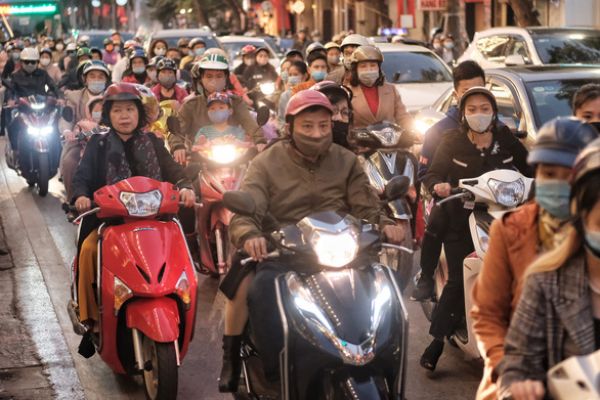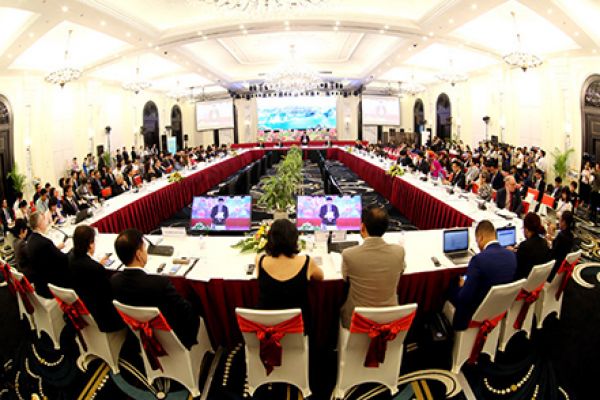

A report of Euromonitor International showed that online hotel room booking accounted for 35 percent of the total rooms sold 2 years ago, while the figure was 20 percent in Australia.
Of the many ways tourists can use to book hotel rooms, OTA has emerged as a convenient and favorite way.
Not only for convenience, OTA also can bring a big benefit to tourists – the lower hotel room rates than any other traditional ways.
In general, OTA can provide hotel rooms at the lowest possible rates. The good hotel room rates can also be obtained by travel firms, enterprises and the clients who book rooms directly on the hotels’ websites. Meanwhile, current guests would have to bear the highest rates.
OTAs can book hotel rooms at the lowest rates because they can bring stable and regular sources of clients to hotels. Therefore, OTAs or travel firms can request hotels not to sell rooms at the rates lower than the rates offered to them.
As such, if booking rooms through OTAs, travelers can enjoy the lower hotel room rates.
The big OTAs in the world such as Booking.com, Agoda.com all have signed contracts with hotels in order to obtain the best prices. They also can request hotels to reserve certain numbers of rooms for them. OTAs can also cooperate with online room wholesale companies, such as Pegasus Solutions, in case they still cannot sign contracts with hotels.
While Booking.com nearly covers the whole European market, Agoda.com has been very strong in Asian market. In Vietnam, Agoda.com has launched the Vietnamese version since 2010, while it reportedly cooperates with more than 2,000 hotels in many provinces and cities nationwide.
Booking.com and Expedia.com have also jumped into the Vietnamese market. However, they have been reportedly targeting the foreign tourists who plan to travel to Vietnam, rather than Vietnamese travelers.
More and more Vietnamese OTAs have also appeared on the market, targeting Vietnamese travelers.
However, observers said OTAs are still in their period of the market development. In order to attract more clients, the domestic OTAs such as Chudu24.com, iVIVU.com or Vinabooking.vn need to change the Vietnamese travelers’ habits. The majority of Vietnamese still don’t want to book hotel rooms online or through agents.
A survey conducted by iVIVU.com in September 2012 found out that 65 percent of polled tourists said they contact hotels to book hotel rooms, while they don’t want to go through a third party.
The survey has also pointed out that Vietnamese prefer making payment directly to hotels or agents in cash to bank remittance or online payment.
Another challenge for domestic OTAs comes from the world’s giants in the fields, namely Agoda.com, Booking.com and Expedia.com. The foreign firms, with their experiences and large networks all over the world, can offer low prices to clients. Meanwhile, Vietnamese OTAs cannot have the advantage, which means that they are inferior to foreign firms in the price war.
A senior executive of iVIVU.com said the firm has well aware of the challenge, therefore, it has decided to follow its way to develop. iVIVU.com now focuses on exploiting the less-than-3-star hotels in Vietnam. It is estimated that there are 7,000 such hotels, but only 500 have the room online distribution services.
Vietnamnet










(84-63) 3 826042 – (84-63) 3 511142
No 54 Nguyen Dinh Chieu, Ham Tien Central Mui Ne Beach Binh Thuan Vietnam
523 To Hien Thanh District 10 Ho Chi Minh City Vietnam
Ha Long Halong City Quang Ninh Vietnam
A13 Hung Thong 2 Halong City Quang Ninh Vietnam




